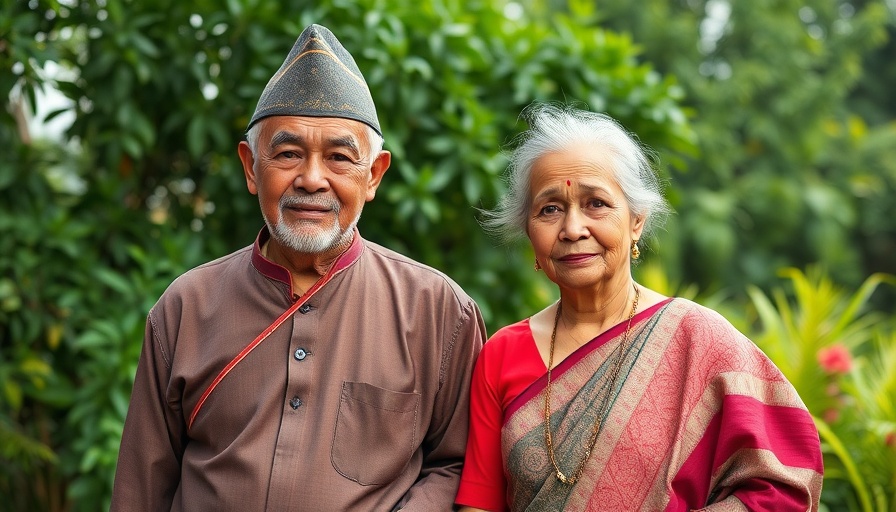
The Unfolding Crisis of British Nationals in Taliban Custody
In a harrowing situation that raises significant concerns around human rights, Peter and Barbie Reynolds, an elderly British couple, are currently detained in Afghanistan under dire conditions. Their capture by the Taliban on February 1 has led to widespread international outcry as activists warn of the couple's deteriorating health and wellbeing, with fears that they could face irreparable harm if intervention doesn’t occur soon.
Human Rights Concerns Amplified by Conditions of Detention
The aftermath of their detention reveals a grim existence within the confines of Taliban prisons, where basic rights are all but absent. The United Nations has echoed concerns about their treatment, citing the inhumane conditions that Peter and Barbie have faced. Originally confined to underground cells, the couple has recently been moved to an above-ground facility, yet reports indicate they still lack proper medical care and access to sunlight.
The Medical Crisis: A Plea for Urgent Action
Peter's health is notably precarious; reports indicate he has collapsed, developed severe eye infections, and experiences tremors. Such ailments, intensified by a lack of medical attention, underscore how vital it is for the couple to receive immediate treatment. Alice Jill Edwards, the UN special rapporteur on torture, has expressed that it is “inhumane to keep them locked up in such degrading conditions,” calling for their urgent transfer to a civilian hospital.
Global Reaction: Solidarity with the Reynolds
The ongoing plight of Peter and Barbie has captured attention beyond the borders of the UK. Activists and organizations worldwide are rallying for their release, emphasizing the need for immediate humanitarian intervention. Their case is not isolated; it symbolizes the broader plight faced by many detentions under Taliban rule, where human rights abuses remain rampant. A collective voice for change is emerging, urging governments to take a firm stand against such violations.
Echoes of History: A Reminder of Previous Struggles
Historically, countries have grappled with similar dilemmas in conflict zones. The case of the Reynolds can be likened to previous instances where foreign nationals were held in politically charged environments, such as the imprisonment of aid workers in regions experiencing insurgency. These parallels serve to remind us of the critical importance of safeguarding the rights of all individuals, regardless of nationality.
Future Outlook: Possibilities for Diplomatic Engagement
A key aspect of resolving this humanitarian issue rests on diplomatic engagement. The UK government must act decisively to advocate for Peter and Barbie’s welfare, exploring all potential diplomatic avenues to bring them home. In a landscape where geopolitical relations are fraught, there’s an urgent need for strategies that prioritize human compassion over political expediency.
Turning Awareness into Action: What You Can Do
As the situation unfolds, awareness is crucial. International citizens concerned for the safety of the Reynolds should consider voicing their concerns through petitions and supporting organizations dedicated to human rights advocacy. Engaging in public dialogue about the human cost of political strife enhances collective pressure on political leaders, urging them towards swift action.
While the immediate concern is for the health and freedom of Peter and Barbie Reynolds, their story highlights critical questions surrounding international human rights policies and the global community’s responsibility to respond. It is vital to ensure that such cases do not falter under apathy.
 Add Row
Add Row  Add
Add 




Write A Comment